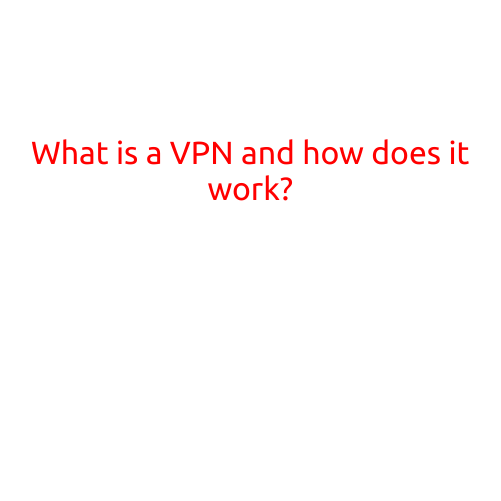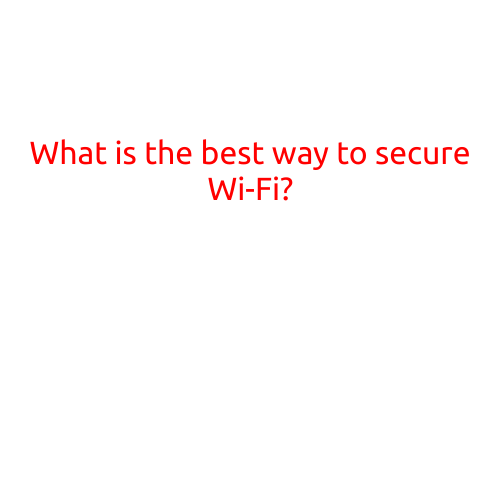
What is a VPN and How Does it Work?
In today’s digital age, online security and privacy have become major concerns for individuals and organizations alike. With the rise of cybercrime, data breaches, and government surveillance, it’s essential to take measures to protect your online activities and sensitive information. One effective way to do this is by using a Virtual Private Network (VPN). In this article, we’ll explore what a VPN is, how it works, and why it’s an essential tool for anyone concerned about online security.
What is a VPN?
A Virtual Private Network (VPN) is a technology that creates a secure, encrypted connection between your device and a VPN server. This connection allows you to browse the internet as if you were accessing it from a different location, or even a different country. VPNs use advanced encryption techniques to protect your data, making it difficult for hackers, snoopers, and government agencies to intercept and access your online activities.
How Does a VPN Work?
Here’s a step-by-step explanation of how a VPN works:
- Connection Establishment: You download and install a VPN client on your device (computer, smartphone, tablet, etc.). When you start the VPN, it establishes a connection with a VPN server.
- Encryption: Once connected, your internet traffic is encrypted using advanced encryption algorithms. This means that your data is scrambled, making it unreadable to anyone trying to intercept it.
- Tunneling: The encrypted data is then routed through the VPN server, which acts as a tunnel between your device and the internet.
- Routing: The VPN server routes your traffic to your desired destination (e.g., a website, app, or network).
- De-Encryption: The destination server (e.g., a website or app) receives the encrypted data and de-encrypts it, allowing you to access the content as if you were directly connected to the internet.
Benefits of Using a VPN
Using a VPN offers numerous benefits, including:
- Online Security: Encrypts your data, making it difficult for hackers and snoopers to intercept and steal your sensitive information.
- Anonymity: Masks your IP address, hiding your location and online activities from potential trackers.
- Unblock Content: Allows you to access geo-restricted content, such as streaming services or social media platforms, by masking your location.
- Privacy: Keeps your online activities private, protecting your data from being collected or sold.
Conclusion
In conclusion, a VPN is a powerful tool that protects your online security, anonymity, and privacy. By encrypting your data and routing it through a secure server, a VPN creates a secure and private connection to the internet. Whether you’re a individual looking to secure your online activities or a business wanting to protect sensitive data, a VPN is an essential investment in today’s digital landscape.





